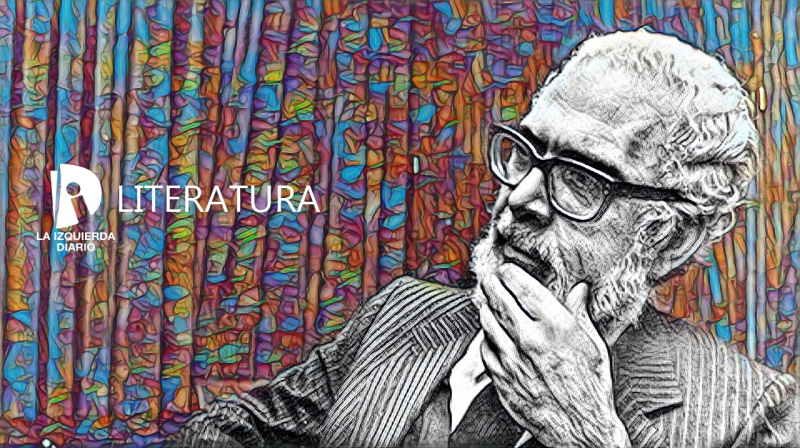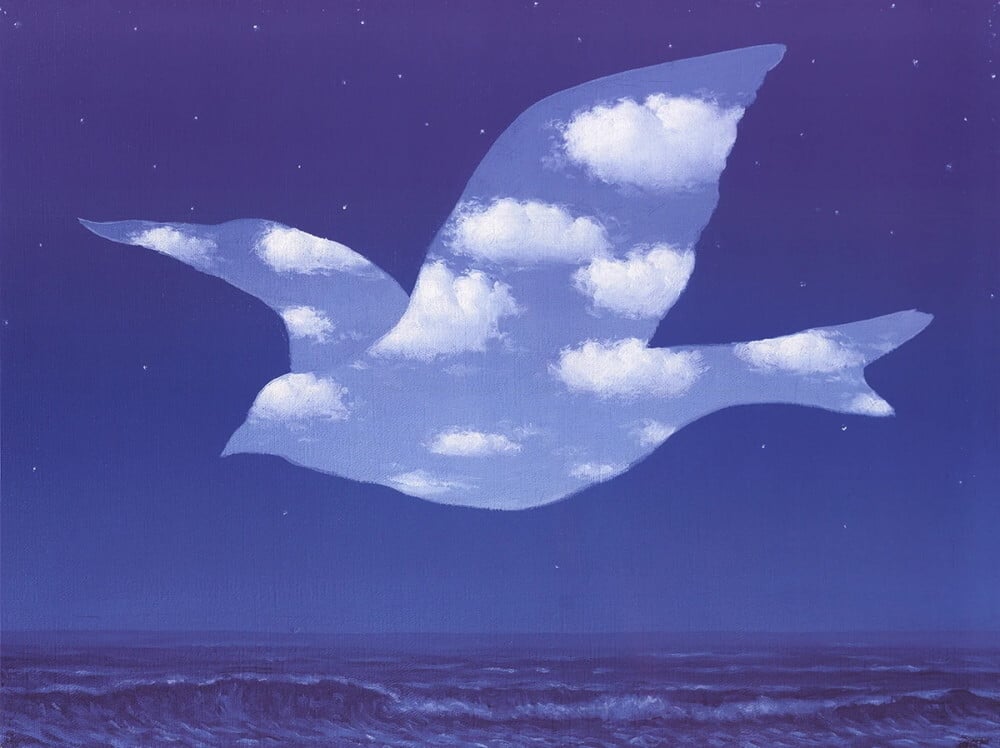By Carmen Chang,
According to Todorov, what defines the fantastic is doubt, hesitation, and uncertainty. The fantastic arises when confronting a logic that the reader claims is real and a universe that escapes the laws of realism. In this case, this feature allows us to classify it as a fantastic story because the event that occurs is difficult to explain by the laws of the world that are familiar to us. All this helps the reader to perceive two possible solutions: that everything is an illusion of the senses and a product of imagination, or that everything has an explanation that escapes our logic and the rational. That is why the conflict presents us with a double interpretation: that of the natural world and that of the supernatural world.
Likewise, Todorov proposes an interrelationship and distinction between detective novel and fantasy genre. Both start from a hypothesis to interpret the unexplained. However, the difference is established because the first solves the mystery, but the second never explains what happened or deciphers the enigma. This is a visible feature in this tale. The fantastic of this story is marked by the anomalous (the indefinite animal) that admits a double interpretation: one realistic and another wonderful.
The fantastic in this story also produces a reaction in the reader, leading him to suspense and intrigue. This hesitation contrasts two visions: that of the character-narrator and that of the reader. This encourages us to reflect oscillating between the real and the imaginary, the rational and the irrational.
Todorov refers to Poe’s theory of the tale and its surprising ending. The whole story revolves around deciphering the nature of the animal. Indirectly the reader is told that there are multiple realities, none better than another: what is surprising to one is not surprising to another. The protagonist gives us clues about his positioning, and at some point, he is amazed, although he gives us indications that he does not, and waits until the end of the story to give his true opinion: “I pretend to be amazed.”

We wonder if this is part of reality or if it comes from another world governed by laws we do not know. The author proposes us a complete universe and a coherent history, but that escapes from the rational and natural laws, making us hesitate and leading us to think that we are before a supernatural event. There is no internal coherence of the story. The fantastic thing here comes through the ambiguous character of the personage since the latter does not clarify his perception of the extraordinary event he has just met. All this leads us to our double interpretation of the facts:
First, the natural explanation could be that the person who narrates the facts suffers from a mental disorder (a psychic pathology) or that has consumed hallucinogens that do not allow him to perceive reality as it is. Therefore, this animal would represent an imaginary being, the product of his imagination and his uncertain and confused perception. In the first case, given the diversity of mental disorders, their manifestations are different. Generally, these are characterized by altering our thinking, perception, emotions, behavior, and our relationships with others. This would explain this distortion of reality. In the second case, the influence of hallucinogens can produce the vision of images and the perception of sounds that distort reality.
Secondly, the supernatural explanation would be that the animal that describes the protagonist is an unknown species that biologists have not yet studied, or that it is the product of cloning or of an experiment that comes from the reproduction or artificial insemination of a feline, canine, and bird. Finally, we could attribute its existence as a product of magic. This could be logical since magic is a hidden science that uses acts or words, and in its imaginable beings intervene, as a result, contrary to natural laws. (RAE, 2020).
References
- Antonio di Beneddeto, Volamos, El Broli Argentino,2006. Available here
- Tzvetan Tódorov, Introducción a la literatura fantástica, 1981. Available here




